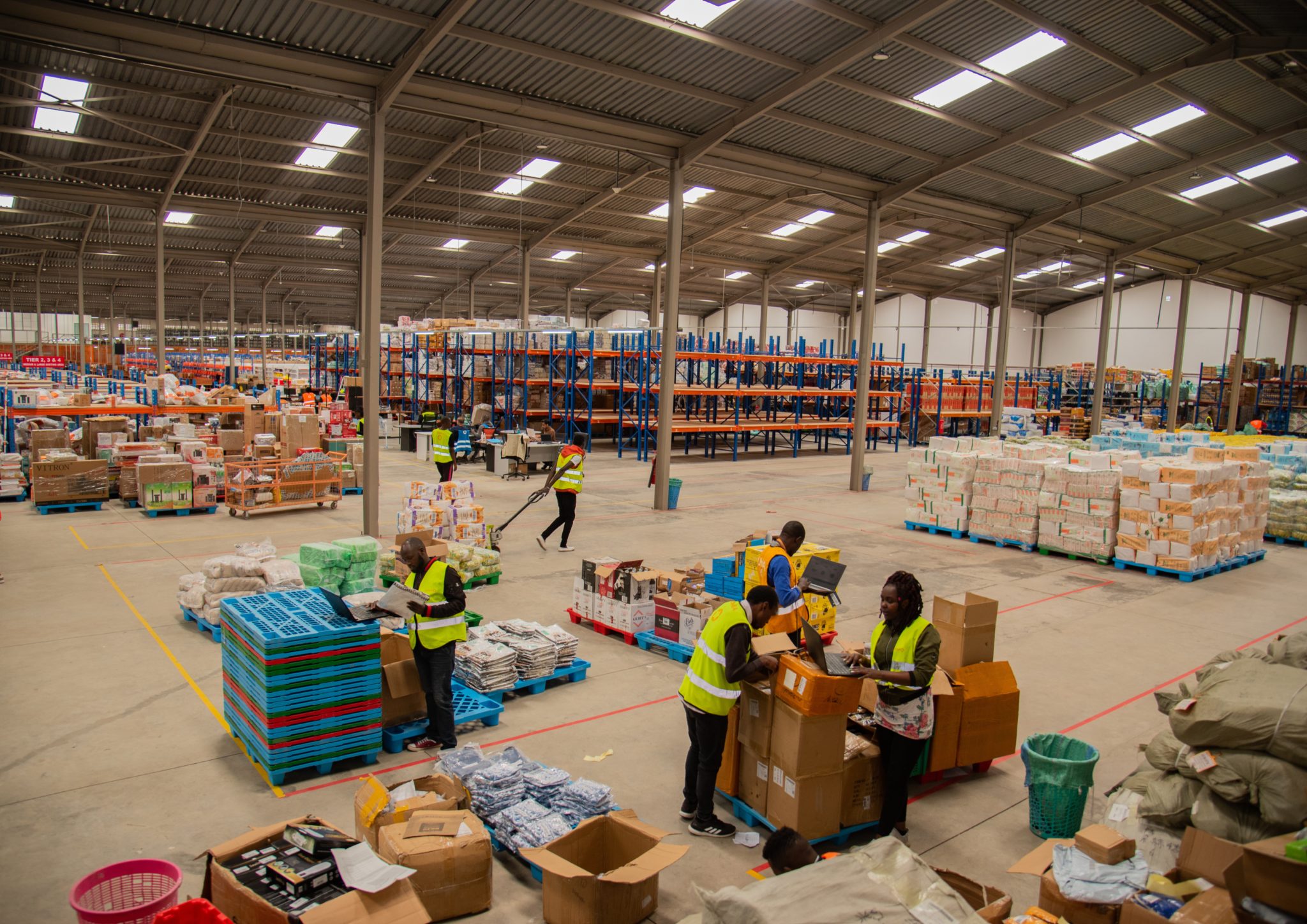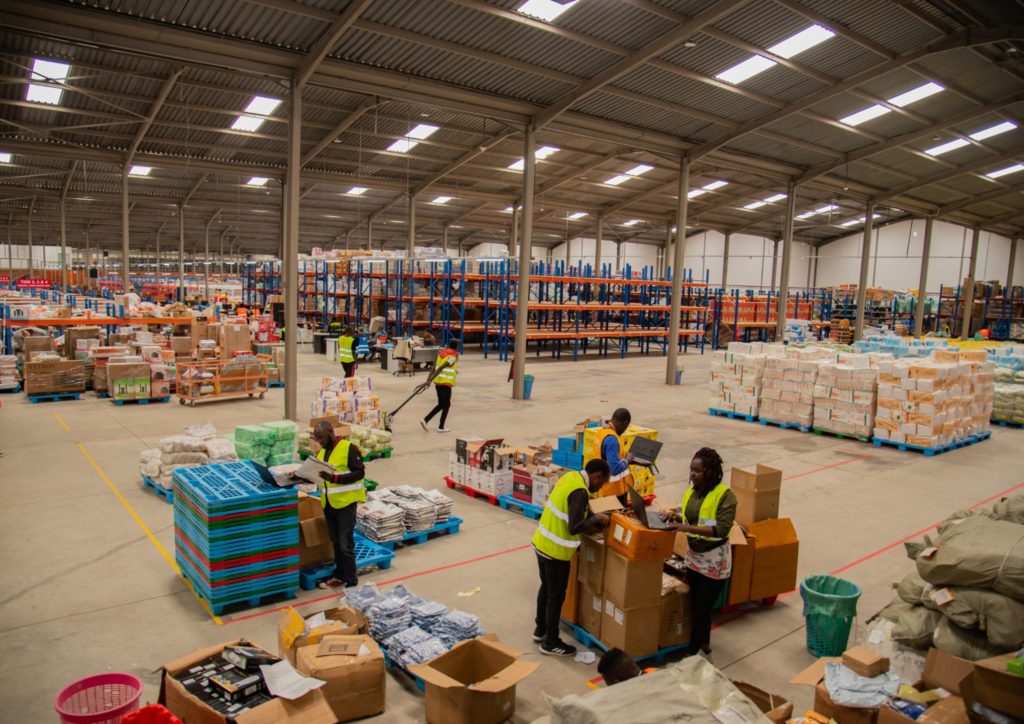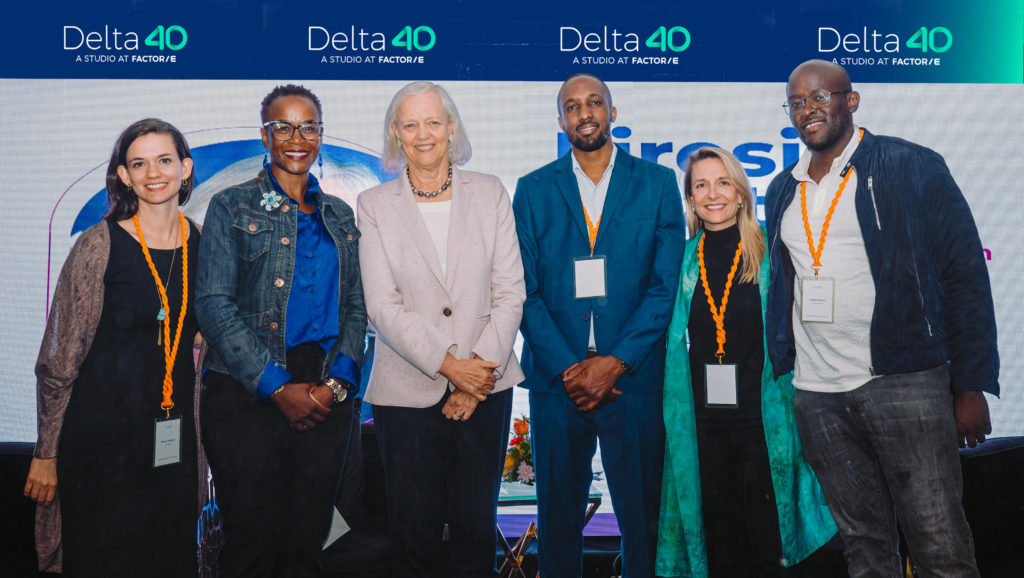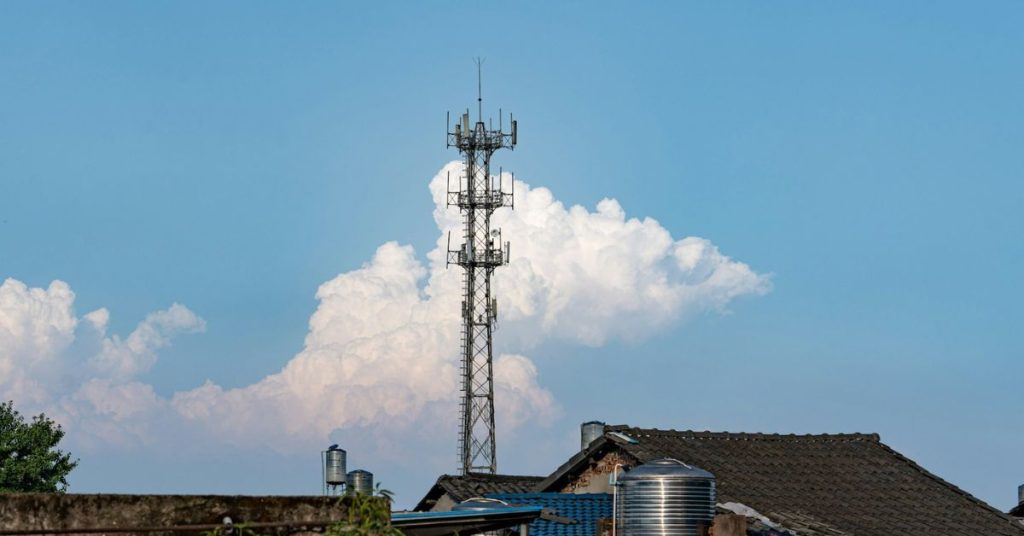In developed economies, data privacy has been a topic of public discourse for some time, leading to the implementation of laws like the European Union’s General Data Protection Regulation (GDPR) and smaller laws passed in many US states. In Africa, at least 17 countries have national data privacy laws.
Privacy is a means of ensuring online safety for all individuals and the annual Data Privacy Day, which is celebrated on January 28, seeks to raise awareness about the importance of the same. With more people spending time in the online world, data privacy measures have become even more important.
In a conversation with TechCabal, Daniel Junowicz, Managing Director of Latin America & Africa at AppsFlyer, discusses data protection and privacy in Africa, the importance of having enterprise privacy solutions that suit the African market, and online privacy as it relates to the metaverse and web3.

Michael: AppsFlyer recently announced a collaboration with Intel to build the AppsFlyer Privacy Cloud. In layman’s terms, can you tell us more about this, who the solution is meant for, and its potential impact?
Junowicz: The AppsFlyer Privacy Cloud is a data cleanroom solution. In the most general way, data clean rooms are secure environments where multiple parties can collaborate on sensitive and restricted data sets to generate insights and perform analyses without any of that data being shared.
In our context, the internet and mobile revolution that we know today were made possible through ecosystem interoperability and collaboration between a wide variety of companies and platforms.
These collaborations have been dependent on industry standards and technologies such as cookies on the web, and identifiers on mobile which are based on user-level data exchange. These enable the digital experiences we know and love today, but also introduce privacy concerns.
The AppsFlyer Privacy Cloud represents a solution to this problem. It allows companies to collaborate by safely bringing their data together without sharing individual user-level data with each other, while still gaining critical decision-making insights. Our goal is to maintain the great value and customer experience currently enabled by the use of cookies and identifiers, without privacy concerns.
We’ve partnered with Intel to develop privacy-preserving cryptographic technologies, such as homomorphic encryption, which will give all parties the option to use “zero trust technologies”, where sensitive data doesn’t enter the cloud before being encrypted.
Michael: What are your thoughts on data privacy as it relates to emerging concepts like the metaverse and web3?
Junowicz: We spend a lot of time thinking about what the web will look like in the future. While we’re starting to see emerging visions relating to the metaverse and web3 from the likes of Facebook and many others, no one really knows how it will evolve.
One thing we can all agree on is that the future of the internet, or the metaverse, is dependent on the interoperability and collaboration of the entire ecosystem. Ensuring that this can happen in a way that doesn’t impact privacy, safety, or customer experience is paramount, and is what we’re actively working towards with solutions like Privacy Cloud.
Michael: Let’s talk about Africa. Does the privacy cloud solution work for the African market? If yes, how can it help African brands enhance customers’ experience while preserving their privacy?
Junowicz: Yes, AppsFlyer Privacy Cloud is not limited to specific regions, and can be used by any entity globally to securely share data. Consumers have grown accustomed to a certain level of user experience when interacting with brands – such as seeing personalised, relevant content within an app – which has traditionally been facilitated by access to user-level data.
However, companies exchanging user-level data with each other simply because it is what these insights are built on has created the privacy problem that exists today. Consumers want to know how their data is being shared (rightfully so), and new privacy regulations reflect this change.
AppsFlyer’s Privacy Cloud enables brands and their partners to share data and gain mutual insights while fully preserving the privacy of the users, by not sharing any personally identifiable information/raw data with one another. African consumers can still get the great value and experience they expect from brands, without any privacy concerns as to how their data is being used.
Michael: Where would you say the continent is now in terms of protecting customer data?
Junowicz: As mobile connectivity and internet penetration rates soar across Africa, propelled by increased investments into local digital infrastructure by domestic and foreign companies, data privacy is gradually becoming a key focus in Africa’s digital transformation. These factors combined with the emergence of local tech companies as well as a substantial interest in the continent’s digital potential from global tech powerhouses has opened access to collect and process personal data more easily.
With more personal data readily available to individuals and private and public entities, a number of African governments have realised the need for regulation in the form of comprehensive data protection laws and to establish data protection authorities. For example, Kenya, Rwanda, and South Africa’s comprehensive data protection laws share some elements found in the European Union’s General Data Protection Regulation (“GDPR”). As the tech ecosystem continues to thrive, businesses, especially those that are able to harvest consumer data through mobile applications will have to keep aware of developments in the constantly evolving regulatory landscape in Africa, which is slowly but surely keeping up pace with the rest of the world.
Michael: People say concepts such as “data sovereignty” are eurocentric. How can we rethink data protection in the African context?
Junowicz: We don’t believe that there is any reason for an individual to be a ‘second class citizen’ when it comes to data privacy, regardless of where they live. We inhabit an interconnected world in which information and data are shared across geographical boundaries, and as such data privacy should be a universal right that all governments should legislate for and all businesses should adhere to.
Naturally, Europe has consumer markets and digital infrastructures far more mature than what we see on the African continent. However, the African market poses different and unique challenges to data sovereignty and the strides taken by many African governments to build a regulatory framework around data privacy issues is an indication that the continent is beginning to own and establish its own approach to keep its citizens safe.
Michael: People think a lot about privacy related to social media. What are other surprising areas where privacy might be a concern?
Junowicz: Apps that handle personal, sensitive data – social media, financial, healthcare – tend to be the ones that consumers are most concerned about when it comes to privacy. However, that doesn’t mean other app categories shouldn’t be taking privacy seriously. The last few years have seen a significant shift in how consumers think about privacy – they want to know how companies are using their data and why, and this applies to all companies, not just specific sectors.
Michael: From your experience, what is the most promising method for change in Africa? Working with governments or companies?
Junowicz: At AppsFlyer we primarily work with companies across the continent as opposed to governments. However, it’s clear from our conversations that the businesses we speak to want to ensure they’re taking the necessary steps to ensure that their customers’ data remains private and secure.
Michael: For the average, low-income African, what are the benefits of improved data privacy in Africa?
Junowicz: Lower-income communities across Africa will rarely have access to the same level of tech literacy that higher-income groups enjoy. This digital divide manifests itself through lower-income earners potentially being less aware of data privacy issues and how much their digital data footprint can impact their lives.
This can mean that they are more susceptible to their data being misused, stolen, and abused. Although improved data privacy is an important step towards protecting their data, most smartphones and mobile applications will be driven by consent management, so more educational initiatives are needed across the board, including for lower-income communities to actually fully understand how they can be in control.
Improved data privacy through government policy and regulation will undoubtedly make African data more secure as businesses will have to legally adhere to the new standards. However, without the proper education and empowerment tools, the communities that are the least equipped to take ownership of their data privacy, understand its impact, and take preventative measures will remain the ones with the most to lose from having their privacy compromised.
Michael: What are your predictions on data privacy in Africa? How do you see this evolving over the next decade?
Junowicz: The tech world moves so fast it can be hard to predict what’s going to happen over the course of a decade. However, I think it’s clear that in the near future, we’ll see a move away from user-level data like cookies and mobile identifiers, towards aggregated data. This will in part be driven by the likes of Google and Apple, but also by shifting consumer attitudes, and changes in regulation.
As such, we’ll see continued innovation around how data is used by companies, with data clean rooms representing a good starting point, and advances in cryptographic solutions offering a better idea of what’s to come going forward.
The emergence of new technologies and concepts, such as the metaverse, NFTs, web3, and so on, will also require us to think carefully about privacy and how data is handled in these new worlds, although it’s likely too soon to tell exactly what this will look like.
If you enjoyed reading this article, please share it in your WhatsApp groups and Telegram channels.



















